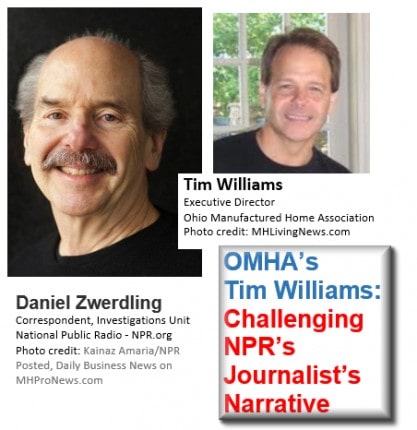
“The NPR article creates a false narrative of uncaring manufactured home community (MHC) operators, Tim Williams, Executive Director of the Ohio Manufactured Home Association (OMHA) said to MHProNews.
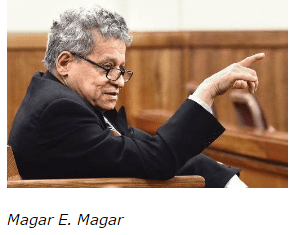
The story of Syringa Mobile Home Park is a familiar one to long-time Daily Business News readers. Per our report on March 2, 2016, the owner of the property Magar E. Magar, was ordered to pay fines to residents who lacked water.
But is that example a fair one in Ohio, or other parts of the U.S.?
“NPR should be held accountable for balanced news reporting, where the truth of manufactured home living is accurately portrayed. NPR didn’t even bother to contact the only industry trade association (OMHA) to obtain more than one side to their reference regarding the Ohio EPA director’s comments,” Williams said.
“We’ve been focusing this story on one community [Syringa Mobile Home Park], says NPR’s Zwerling, “but you can find Syringas across the country. Studies have found that manufactured housing communities are far more likely to have problems like this than people in other neighborhoods.”
Objective readers and industry professionals with a different experience might ask, is that allegation by NPR’s Zwerling accurate?
“NPR seems to subtly imply in their anecdotal profile of a few residents in Idaho that the millions of Americans who choose the option of manufactured home living are somehow subjected to inferior conditions,” said Williams. “I find that discriminatory, elitist view offensive to our lower and moderate income manufactured home residents, and totally unrepresentative of the manufactured home living experience.”
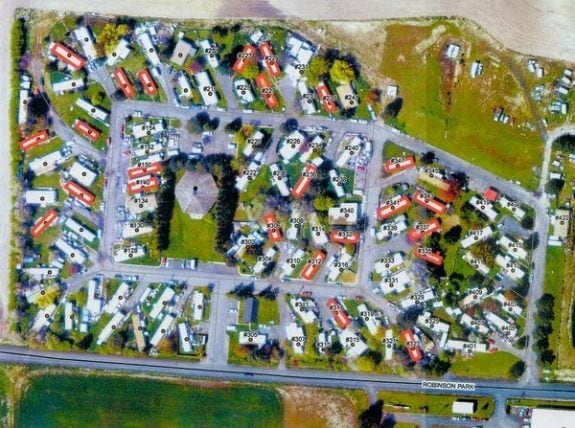
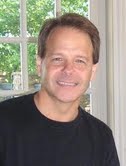
Indeed, the Inside MH video series routinely reflects that Williams’ view is the common one.
Most manufactured home owners and community residents MHProNews and MHLivingNews have spoken with over the years expressed satisfaction with their lifestyle and homes. Third party research suggests the same reality.
Most community operators and other industry professionals understand that only fair and proper treatment of customers and residents makes for a good, sound long term business.
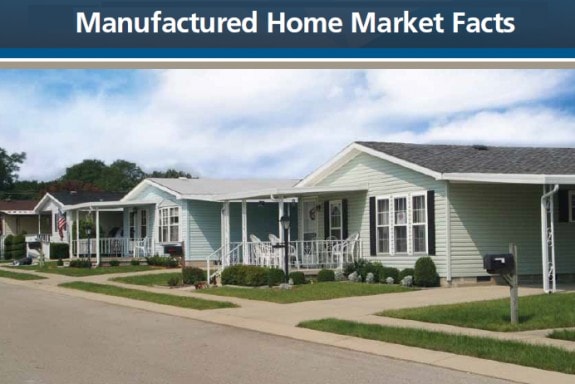
Manufactured Home Resident Satisfaction
Foremost Insurance reported to MHLivingNews that the vast majority of manufactured home owners plan to live in their home from 6 years to the rest of their life.
A study by the manufactured housing division of the Department of Housing and Urban Development (HUD), reported by the Manufactured Housing Association for Regulatory Reform (MHARR), indicated that just a fraction of 1 percent of all manufactured home buyers end up in dispute resolution; a reverse indicator of satisfaction.
And while most manufactured home owners are of more modest means, informed professionals know that the middle class, actors and even frugal millionaires live in manufactured homes.
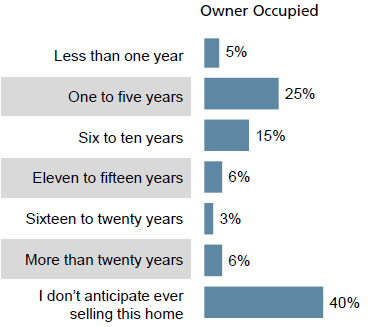
Those facts counter the impression of manufactured home owners as helpless victims.
NPR’s Report – Fair and Balanced Journalism?
Pew’s Journalism.org reported their findings of trust in media earlier this year. Among the findings? “Only about two-in-ten Americans (22%) trust the information they get from local news.” National news fared even worse, with only “18% say the same [trust] of national organizations.” Gallup did a more recent survey that revealed similar findings; namely, that trust in media has sunk to at or near all-time lows.
NPR’s bio of the journalist in question reads in part, “Zwerdling has served as an adjunct professor of Media Ethics in the communications department at American University in Washington, D.C.”
To set the context of the NPR report and for the full published bio of their correspondent – “Mobile Home Park Owners Can Spoil An Affordable American Dream” – please click here.

Ethical Standards of Journalism…
To see the Society of Professional Journalists (SPJ) Standard of Ethics, please click here. That SPJ code of ethics includes such admonitions as, quoting:
– Avoid stereotyping. Journalists should examine the ways their values and experiences may shape their reporting.
– Label advocacy and commentary.
– Never deliberately distort facts or context, including visual information.
Minimize Harm
Ethical journalism treats sources, subjects, colleagues and members of the public as human beings deserving of respect.
Journalists should:
– Balance the public’s need for information against potential harm or discomfort. Pursuit of the news is not a license for arrogance or undue intrusiveness.
– Show compassion for those who may be affected by news coverage.
– Consider the long-term implications of the extended reach and permanence of publication. Provide updated and more complete information as appropriate.
Did NPR hit or miss those Ethical Marks?
In considering this partial list of ethical standards, shown above, did Zwerdling and NPR’s researchers/producers/writers editors consider the impact on:
- manufactured home producers,
- communities,
- retailers,
- suppliers,
- other business and
- home owners
from an article that implied that manufactured home owners are victims, and that manufactured home community operators as heartless souls who care only about their profit?

“The manufactured housing industry must learn to define itself, or others will define manufactured homes, professionals, residents and home owners, often to their disadvantage,” said L. A. “Tony” Kovach, publisher of MHProNews.
Again, the SPJ code of professional ethics is linked here.
Follow Up
MHProNews has provided a series of detailed questions to NPR to elicit their response. Williams responded with numerous details in about an hour, while NPR has acknowledged our request for information, but failed to respond with any details over 5.5 hours later.

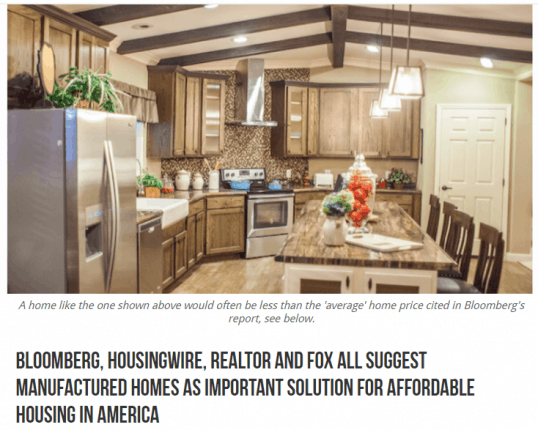
With affordable housing at crisis levels in many parts of the nation, and manufactured housing being reported by some as the solution that is hiding in plain sight, industry professionals must find ways to work with the media and public officials to properly understand and portray the facts vs. the myths about manufactured homes and communities.
The Daily Business News and/or MHLivingNews plans a more detailed follow up story that will include NPR’s replies, if any. ##
(Image credits are as shown above.)

Submitted by Soheyla Kovach to the Daily Business News on MHProNews.
